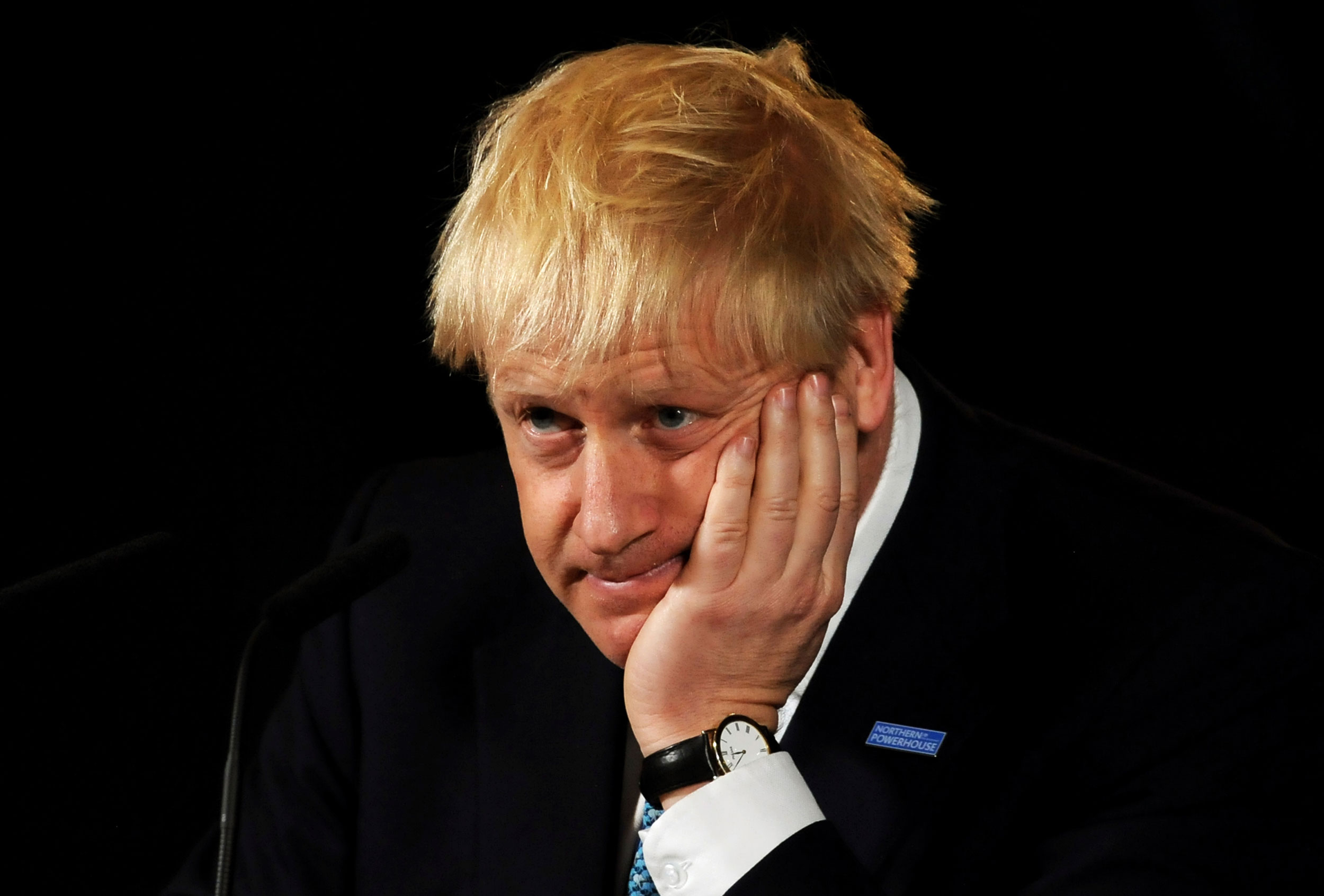Britain’s Supreme Court has delivered a unanimous damning judgment striking down the prorogation – or suspension -- of Parliament by Prime Minister Boris Johnson’s minority government. The ruling throws into doubt the government’s plans to leave the European Union (EU) by October 31 and indeed its very survival.
The 11-member bench ruled Tuesday that Johnson’s government had acted illegally by proroguing Parliament for a lengthy period to stop it debating or taking action on the plan to exit the EU by the end of October. “This prolonged suspension of parliamentary democracy took place in quite exceptional circumstances: Parliament, and in particular the House of Commons as the elected representatives of the people, has a right to a voice in how that change comes about,” the court said in its ruling.
The court added sternly that: “The effect upon the fundamentals of our democracy was extreme,”
The judgement triggered immediate calls for Johnson’s resignation though he had earlier said that he wouldn’t quit even if the court ruled against him. London’s Evening Standard splashed a photograph of Johnson with a one-word headline: Guilty.
The court’s ruling threw the spotlight on House of Commons Speaker John Bercow who said he would call Parliament to session at 11.30am tomorrow. The prime minister had ordered an unusually long five-week prorogation of parliament which would have left very little time for a debate before the October 31 deadline when Britain is due to leave the EU.
The Supreme Court convened the bench after a Scottish High Court ruling that Johnson had acted illegally by proroguing parliament for such a long period so as to prevent it debating or passing any laws relating to Johnson’s plans to get Britain out of the EU by October 31 even if he is unable to strike a deal with the giant trade bloc.
Opponents of Johnson’s plans say that a ‘No-Deal’ Brexit could have disastrous consequences for the UK’s economy and are pushing for a delay or even a second referendum on whether the country should go ahead with leaving the EU.
Johnson, who became prime minister in July, has been seeking to earn a reputation for decisiveness by taking Britain out of the EU by the end of next month and then immediately calling for a general election which he would be favoured to win.
The opponents of a ‘No Deal’ Brexit say it would cause enormous disruption, particularly in Ireland where the EU and Britain have been unable to work out what to do about the so-called “Irish Backstop” or border controls between the Irish Republic, which is an EU member, and Britain’s Northern Ireland province. Under the 1998 Good Friday Agreement which brought peace to the troubled region, Britain had agreed to an open border between Northern Ireland and the Irish Republic and that closing that border could stir up deadly unrest again.
No-deal opponents also say that leaving the EU without a deal would cause massive transportation problems due to the constant flow of trucks heading out of Britain to the European mainland and vice-versa because border controls would be needed.
Johnson is in New York for the UN General Assembly meeting and issued no immediate statement. He had refused to comment on reports that he would order a second prorogation if the government lost in court. Opponents of ‘No Deal’ say Parliament’s Withdrawal Agreement will force him into a three-month delay if he cannot get a Brexit agreement.











